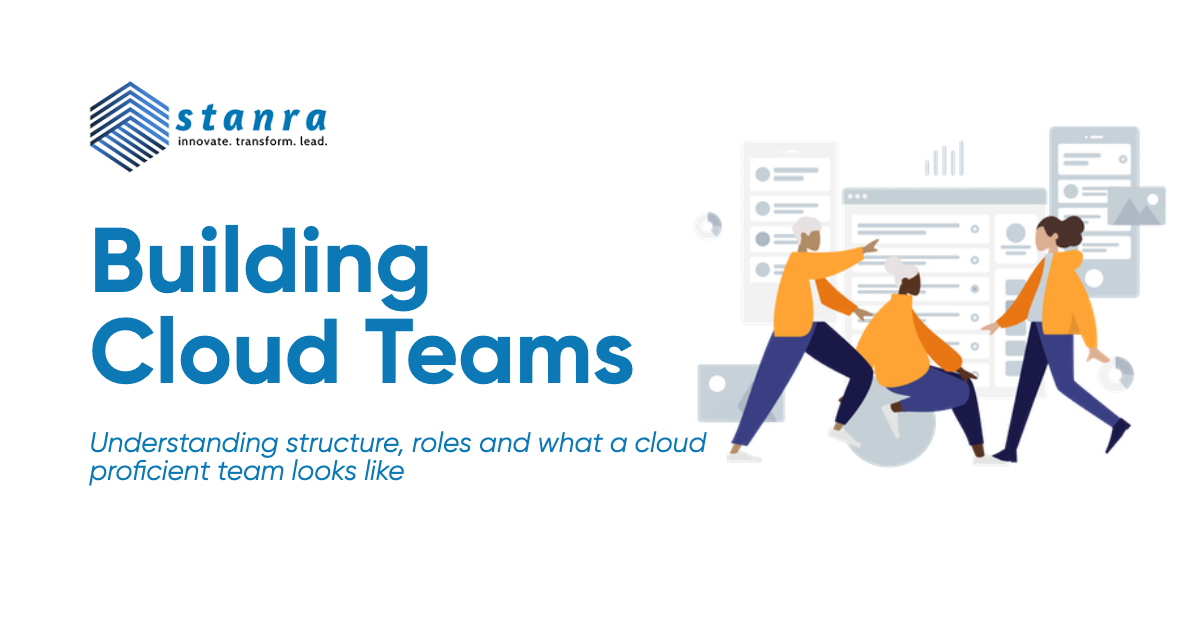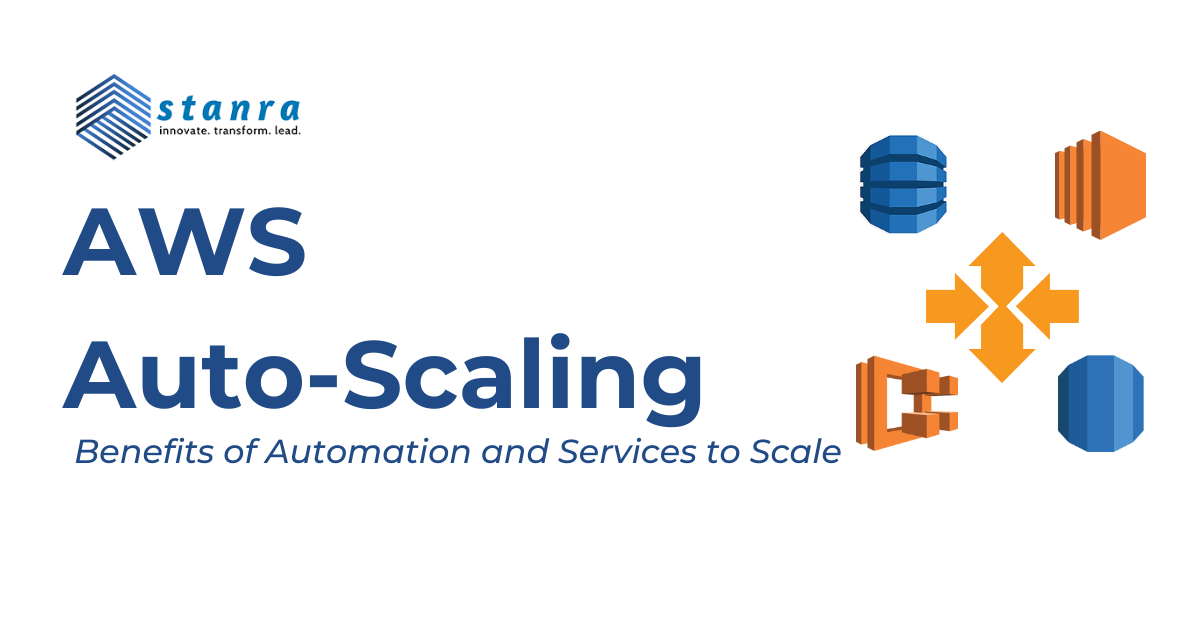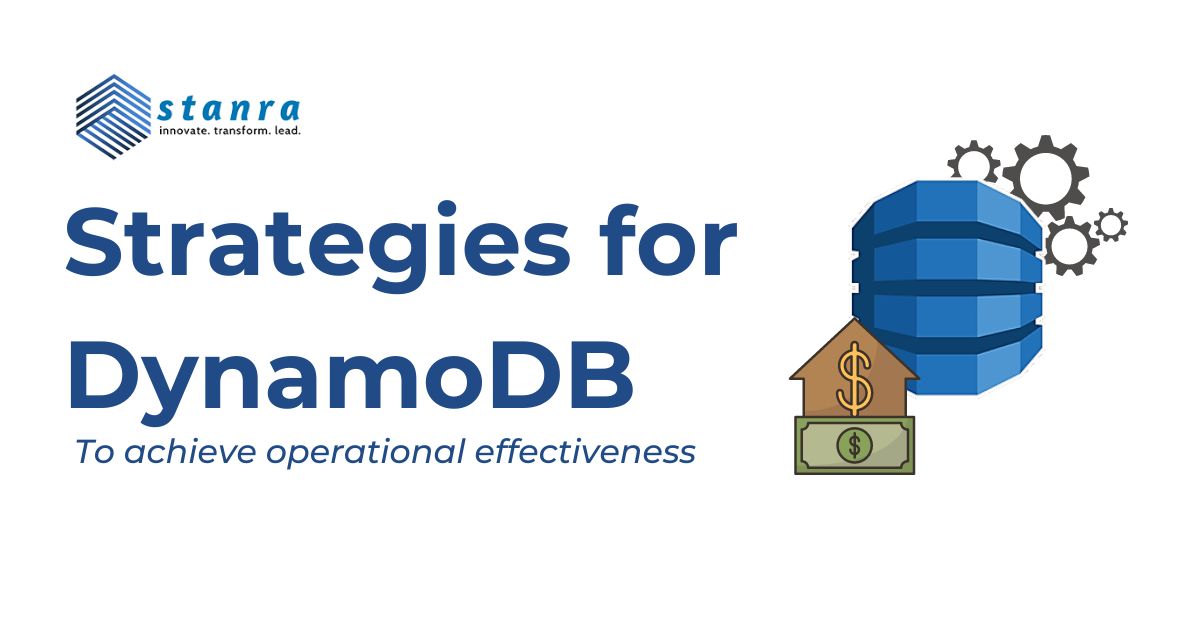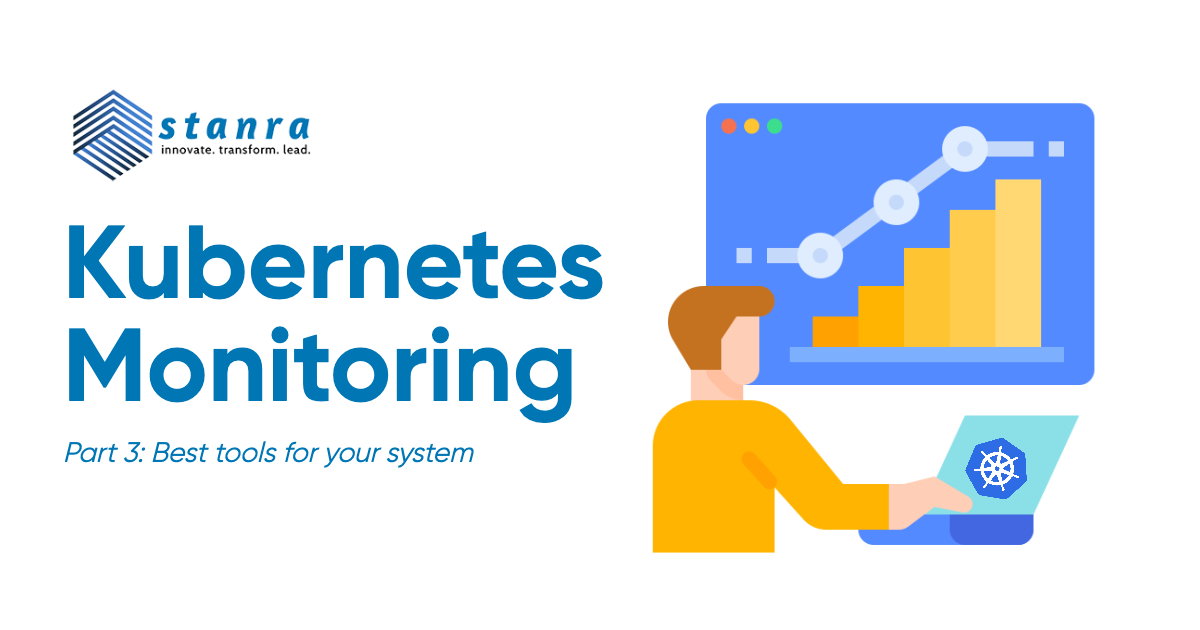Moving from total control over your local IT environment to the uncertain partnerships with Iaas and Saas providers can be a risky and stressful decision. One of the key elements to achieving success in the cloud involves finding and building the right cloud talent that can deliver business value from the huge number of resources the cloud has to offer. First, we will try to understand what is expected from a cloud team and what roles are defined according to their function. Then we will look into a short guide, based on the experience level and the background you should look for while building your team.
There is no universal structure that can be applied to your team. The workload on any cloud team varies from organization to organization but there are a set of tasks that are expected of almost all teams.
- Develop a new application that can run in the cloud
- Rebuild the existing on-prem application to run in the cloud
- Migrate workload from on-premise centre to cloud
- Optimize cloud architecture to run your application
- Manage and optimize cloud bills and service utilization
- Store and secure the business data in the cloud
- Establish policies and procedures to configure cloud data and application
According to the projects listed above, your cloud team can be a dynamic set of both technical and non-technical people with varying skills and knowledge. There are 8 roles to be undertaken inside a cloud team.
- Business Leader – The key stakeholder, establishes the cloud project’s goals by gathering metrics and evaluating success. Also serves as a liaison between the cloud team and upper management.
- Project Manager – Bridges the gap between project stakeholders and technical teams by understanding implications and effectively communicating the costs, productivity and actionable aspects of the project.
- Cloud Architect – Knowledge of cloud applications, resources and services. Hands-on experience with cloud environments.
- Cloud Engineer – Sets up and operates the infrastructure built by the architect. Responsible for implementation, monitoring and maintaining the cloud.
- Software Developer – Programmers and testers responsible for designing, coding, testing, tuning and scaling applications.
- Cloud Security Specialist – Oversees the architecture infrastructure and software under development to ensure the services, resources and applications meet the security standard.
- Cloud Compliance Specialist – Understands and monitors cloud compliance to guide the access and use of business data.
- Analyst – Gathers metrics to ensure performance and workload are within acceptable parameters.
While a business may choose to build a team having only some of the above-mentioned roles, it is important to keep in mind that the cloud is a complex field that requires expert knowledge whereas unoptimized operations may lead to growing costs. Hence, we recommend a proficient team structure based on a collective experience across different domains.
3-5 Years in traditional IT – Focus on security, stress and volume, consistency, state management
3-5 Years with cloud-native platforms – Ability to bring solutions to take advantage of the speed, cost and flexibility of cloud
2-3 Years with DevOps – Build, automate and test. Deploy pipelines, measure reliability and find opportunities to improve efficiency.
1-2 Years as engineering lead – Team capability management, understands value-based trade-offs
1-2 Years in different tech domains – Working with databases, cyber, networking and application delivery
1-2 Years in product delivery – Agile development methods and end-user oriented
Cloud talent is in short supply but organizations must aim for this proficiency to get the best results to unlock real business value. As an AWS Consulting Partner, we have supported businesses through their digital transformation journey across America, Europe, Asia and Australia over the last 5 years. Connect with us or visit us on our website to build your cloud team.







Leave A Comment